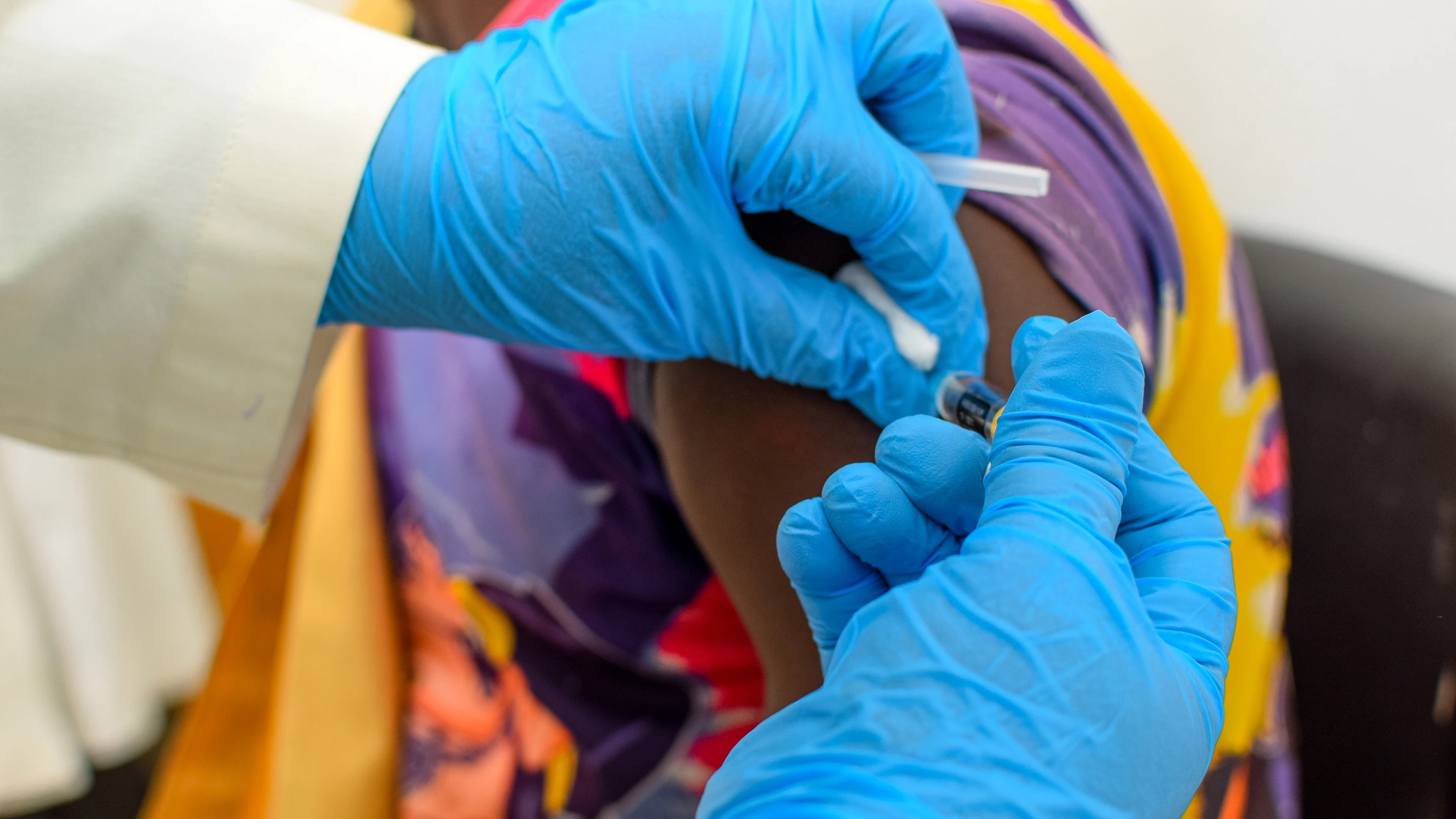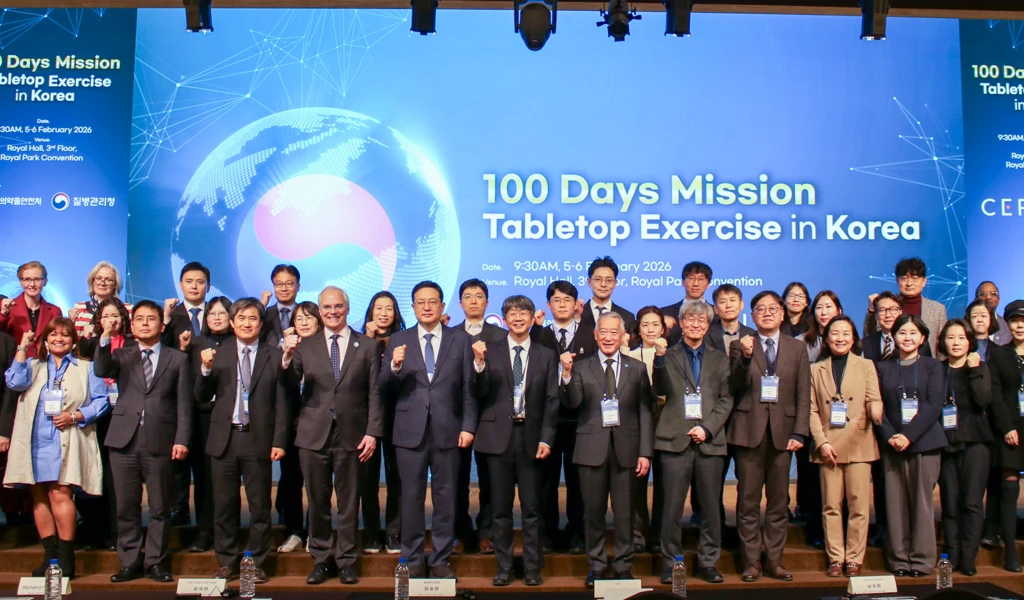- Deploying effective COVID-19 vaccines in 100 days could have saved over eight million lives
- Modelling finds lower middle-income countries would have benefited most from 100 Days Mission
OSLO/LONDON, 17 October 2024 - More than eight million people who died during the COVID-19 pandemic might be alive today if the international community had accomplished CEPI’s 100 Days Mission to develop safe and effective new vaccines against the novel SARS-CoV-2 Coronavirus in three months.
Research by modelling experts at Imperial College London’s MRC Centre for Global Infectious Disease Analysis found that a successful 100 Days Mission in response to COVID-19’s emergence would have had by far its greatest impact on the lives and livelihoods of people in the Global South – preventing 800 million COVID-19 infections, averting 15.7 million COVID-19 hospitalisations and saving 4.8 million lives in lower middle-income countries. The peer-reviewed research is published today in The Lancet Global Health journal.
Assessing the potential economic impact of the 100 Days Mission, the researchers estimate that the 8.3 million lives saved would represent a monetary saving of as much as $14.3 trillion based on the value of statistical life years. In addition, they estimate that productivity losses due to illness amounting to almost $1.4 trillion and $63 billion of hospitalisation costs would have been averted globally.
“Our aim was to quantify the potential impact of a future 100 Days Mission by retrospectively estimating the impact it would have had on the COVID-19 pandemic. By putting real numbers on the sizeable public health and economic gains, we show how massively cost-effective it is to invest in developing new safe and effective vaccines at speed and making them available as quickly as possible to those at highest risk,” said the study’s co-lead author Dr Oliver Watson.
CEPI’s CEO Dr Richard Hatchett said the findings should supercharge global commitments to the 100 Days Mission.
“This work shows in the starkest terms why the world needs to be prepared to move faster and more equitably when novel pandemic disease threats emerge,” he said. “Investing in preparedness now to make the 100 Days Mission possible for future incipient pandemics will save millions upon millions of lives and protect the global economy against catastrophic losses.”
The modelling study shows that countries with vaccination campaigns that began too late to prevent the large death toll associated with the Delta wave of COVID-19 in 2021 would have benefitted significantly more from the 100 Days Mission than countries whose populations were largely protected through vaccination by the time the more virulent Delta variant become dominant.
The 100 Days Mission, spearheaded by CEPI, is a global health security plan for the world to be able to develop and make available new vaccines against a future pathogen with pandemic potential within 100 days of that pandemic threat being recognised. Three months, or 100 days, is around a third of the time it took the world to deliver the first safe, effective COVID-19 vaccines after SARS-CoV-2 began spreading.
The full publication is available in The Lancet Global Health.
- ENDS -
About CEPI
CEPI is an innovative partnership between public, private, philanthropic and civil organisations. Its mission is to accelerate the development of vaccines and other biologic countermeasures against epidemic and pandemic threats so they can be accessible to all people in need. CEPI has supported the development of more than 50 vaccine candidates or platform technologies against multiple known high-risk pathogens or a future Disease X. Central to CEPI’s pandemic-beating five-year plan for 2022-2026 is the 100 Days Mission to compress the time taken to develop safe, effective, globally accessible vaccines against new threats to just 100 days.
About MRC Centre for Global Infectious Disease Analysis, IMPERIAL COLLEGE LONDON
The MRC Centre for Global Infectious Disease Analysis (MRC GIDA) at Imperial College London is a WHO Collaborating Centre for Infectious Disease Modelling. As an international resource and centre of excellence for research and training on the epidemiological analysis and modelling of infectious diseases, the MRC Centre focusses on both emerging and endemic diseases. Ensuring that evidence from research is translated into practical policy guidance for planning and responding to infectious disease threats, the MRC Centre’s innovative world-class research has demonstrable economic and social impact. The MRC Centre undertakes applied collaborative work with national and international agencies to support policy planning and response operations against infectious disease threats. imperial.ac.uk/mrc-gida



.webp)
